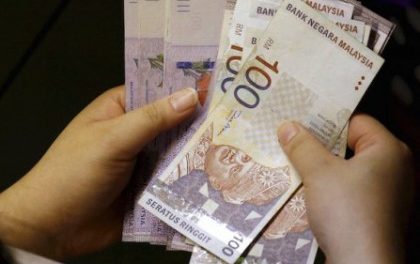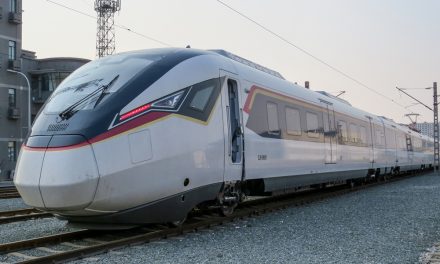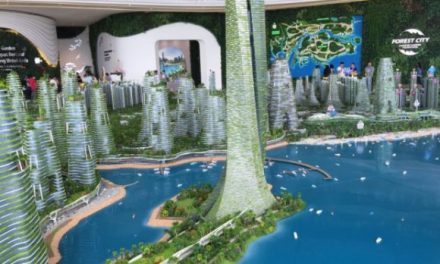DBKL to seek damages for loss caused by Bersih 4 rally
Malay daily Sinar Harian reported has reported that Kuala Lumpur City Hall (DBKL) will seek damages from Bersih 4 rally organiser the Coalition for Clean and Fair Elections (Bersih 2.0) next week, after compiling evidence of losses caused by the 34-hour rally in the city center over the weekend. The organisers had been notified of this before the rally took place. DBKL had said that they would not bear the cost to repair any damage to public property, namely garbage and landscaping plants, and any cleaning up fees would also be claimed from the organiser. However, there had been reports, photos and videos showing Bersih 4 participants cleaning up the streets of Kuala Lumpur during and after the rally. The government had previously sued Bersih 2.0 over alleged damages caused from a protest on April 28, 2012 but lost the suit in January this year. (The Malaysian Insider)
KL Mayor: No infrastructural damage by rally
Kuala Lumpur Mayor Datuk Mhd Amin Nordin Abd Aziz has confirmed that the two-day Bersih 4 rally did not cause any infrastructural damage to the city despite DBKL’s claims that it would cause property damage. The only costs incurred so far were for cleaning works for the landscaped environment, such as plants and trees, which will be claimed from the organiser. The 34-hour rally saw tens of thousands gather in the capital city, which ended peacefully and with participants cleaning up the streets during and after the event. (The Malay Mail Online)
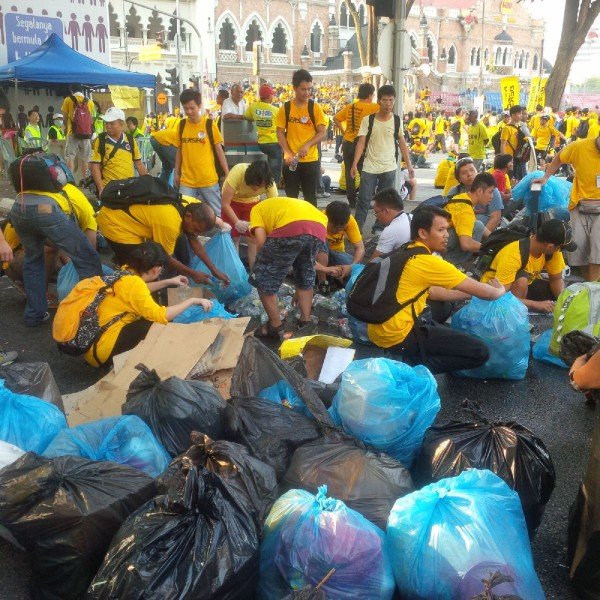
Hundreds of volunteers help to clear the rubbish after the first day of the Bersih 4 rally near Dataran Merdeka on the morning of August 31, 2015. (Photo from The Malaysian Insider)
KTMB to develop land along railway tracks
Keretapi Tanah Melayu Bhd (KTMB) is planning to develop integrated projects on land along its railway tracks and around its stations, which could potentially generate over RM30 billion in gross development value (GDV). The company is looking at a business model similar to MRT Corp and Prasarana Negara Bhd, who are in joint ventures with property developers to increase their revenue. KTMB’s current non-rail business, mainly lease of advertising space, contributes less than 3% to its total revenue, and the expansion to property development would help regain its profitability. (New Straits Times Online)
CapitaLand reviews Danga Bay project with JV partners
CapitaLand Ltd, South-East Asia’s largest real estate developer, is reviewing its RM8 billion joint venture (JV) project in Danga Bay, Johor. The Singapore-based group said it had already obtained approvals from Malaysian authorities for the mixed development project, and are now in the process of reviewing the details with its JV partners in light of a subdued property market. The Danga Bay development project is slated to be one of CapitaLand’s biggest developments, which sees the 71.4-acre site turned into a waterfront residential community comprising high-rise and landed homes, a marina, shopping mall, restaurants, serviced residences, offices and recreational facilities. (The Star Online)
12 firms bid for Bandar Malaysia project
The proposed redevelopment of the former Sungei Besi airbase into Bandar Malaysia has seen strong interest from local and global players including Singapore, China, Japan, Korea, and Australia. The project saw 12 firms submitting proposals on Friday for the final stage of evaluations, and comprised domestic developers, GLCs, and foreign parties either submitting independently or as a consortium. 1MDB Real Estate will shortlist the final bidders, and enter negotiations and transactions by the end of 2015. (The Rakyat Post)
Paramount puts new projects on hold
Property developer Paramount Corporation Bhd announced that it has put its greenfield property projects on the back burner due to weak market conditions, but will continue to roll our new phases of existing projects. Among the launches deferred are its new projects in Section 13 (Petaling Jaya), Batu Kawan (Penang) and Klang (Selangor), but will go ahead with its RM1.2 billion Salak Tinggi township development project, as it consists of affordable landed homes, which has a different risk and cash flow requirement to that of mixed-use developments. The group maintained its sales target of RM400 million this year, and achieved new sales of RM278 million to-date. (The Edge Markets)
70,000ha of former mining land with productive green potential
Forest Research Institute of Malaysia (FRIM) ecophysiology branch head, Dr Ang Lai Hoe said that there were about 70,000ha of former mining land in Peninsular Malaysia could be transformed into green areas, which could help preserve endangered flora and fauna. Large areas of forest are being lost to massive housing, industrial and agricultural development. Land transformation would mean reclamation, rehabilitation and restoration of former barren land into a productive land through scientific and technical improvements. One such successful example was the Ara Damansara Eco-Park. However, Ang pointed out that former mining land should not be turned into food production sites as they contained heavy metals which were dangerous for consumption. (The Malaysian Insider)
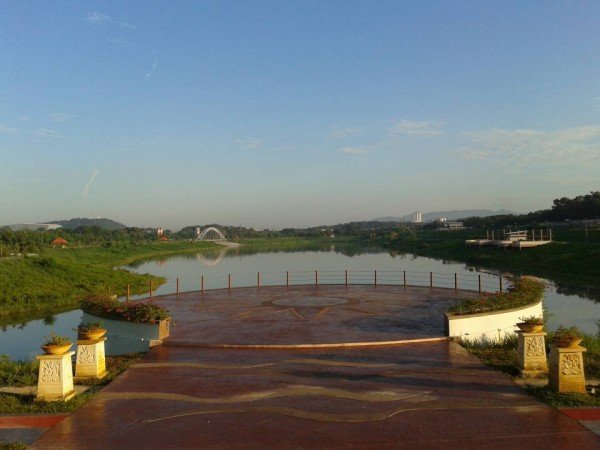
The Ara Damansara Eco-Park is a good example of successful land transformation from former mining land. (Photo from Ara Damansara website)
Penang attracts RM48.2bil investments from 2008 to 2014
Penang Chief Minister Lim Guan Eng said that the state has managed to attract investment worth some RM48.2 billion from 2008 to 2014 since the opposition gained control of the state, which was a 93% increase from the RM24.9 billion poured into the state from 2001 to 2007. The state government will continue to adopt economic measures focusing on tourism, housing construction, public infrastructure, manufacturing and services to counter the 20% drop in business turnover due to GST and the weakened ringgit. He also pointed out that the current state administration managed to record budget surplus of RM453 million from 2008 to 2013, higher than the RM373 million budget surplus Barisan Nasional achieved in 50 years from 1957 to 2007. (The Sun Daily)
EPF investment income up 9.7% in Q2
The Employee’s Provident Fund (EPF) saw its investment income in the second quarter (Q2) increase 9.73% to RM11.41 billion from RM10.40 billion a year ago, contributed mainly by equities. For the first half (1H) of the year, EPF recorded a 14.6% increase compared to the same period a year ago. As at Q2FY15, the fund’s total investment assets stood at RM667.21 billion, with equities making up 43%, fixed income investment accounting for 51%, and the rest attributed to loans, bonds, money market instruments, real estate and infrastructure. (Malaysian Digest)


